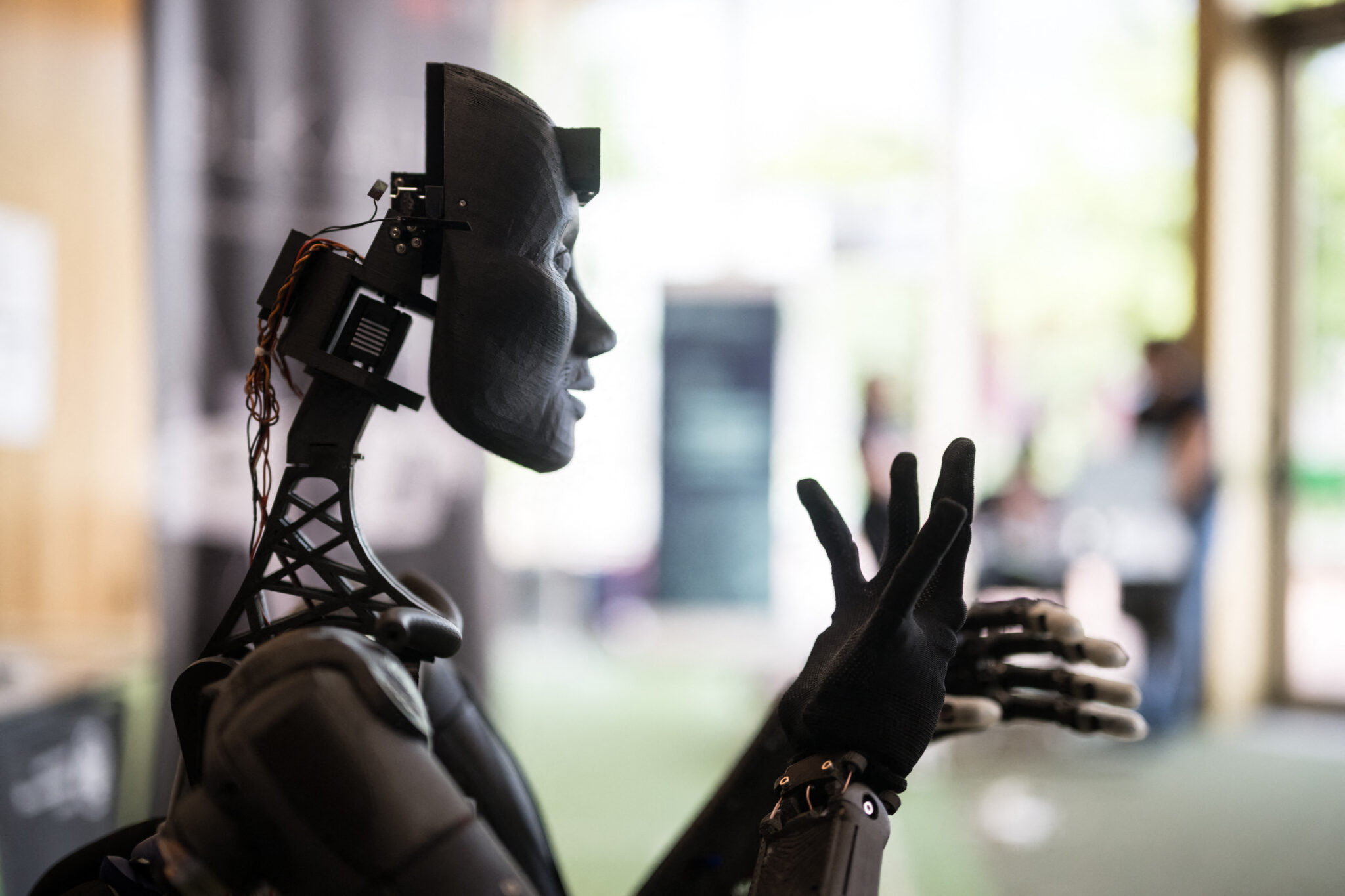<em>The Machine Age</em>
Robert Skidelsky
Penguin, £25, 384 pages
Robert Skidelsky’s <em>The Machine Age</em> is an ambitious attempt at a timely intervention into an increasingly relevant debate. As arguments over AI intensify, understanding the history of, and possible approaches to, the future development of technology appears essential.
Skidelsky goes far in outlining a comprehensive narrative of not only the development of specific technologies, but the frame of mind which governs the collective approach to technology; he especially skilfully outlines the impact that the Enlightenment had on the growing faith in scientific endeavour, which gradually morphed into a belief in the power of socially engineering both individuals and collectivities.
The book ranges wide, and while broadly chronological is split into thematic chapters. Skidelsky begins by outlining his premise that the approach to technology is fundamentally more important than the development of any particular machine. He begins by describing the mechanistic approach to nature, personified by Francis Bacon, before moving on to the development of capitalism out of the decline of feudal structures.
Critically, he adopts Weber’s contentious claim that Calvinism was a driving force behind a revolutionary approach to work which called for each Christian “to be a monk all his life” and removed traditional prohibitions on acquisition. Alas, he relies on well-worn tropes of a Catholicism filled with “pagan idolatry” and “indulgence-selling”, while claiming that Protestantism leant into a Deist-like rejection of God’s active intervention in the world.
Skidelsky moves on to outline the developments of the Industrial Revolution, before diverting his attention to an extended discussion as to why other regions of the world failed to industrialise. This section more than any other highlights the central problem of the text: too wide a variety of phenomena in a relatively short book. The total economic and political history of China and India are dealt with in a single chapter, for example, before Skidelsky moves on to evaluate arguments for the productivity-enhancing qualities of machines.
Much of the text, therefore, reads more like a literature review than a sustained analysis of the development of various conceptions of technology. Skidelsky’s reliance on various literary fictions as evidence of changing perceptions is enlightening, but can often descend into filler. A comprehensive outline of the plot of George Orwell’s <em>Nineteen Eighty-Four</em> does little to drive his argument forward, especially when so little time is devoted to more complex topics.
Skidelsky is at his best when he focuses on his text’s central thesis. He skilfully outlines the development of ideologies which critique the newfound faith in mechanical technology. These culminate, in his view, in a Romantic nationalism most obviously expressed in Germany. His contention that this ideology was responsible for both world wars is less convincing.
When it comes to the Information Age, Skidelsky provides a cogent summary of the development of early internet systems, as well as the ideology that cybernetics in particular has fostered. This has led, in his view, to the development of a dialectic between freedom and control, enabled by stratospheric innovations in information technology. Control over information, in a knowledge economy, has made it “impossible to separate visions of total freedom those of total control”.
Skidelsky also critically outlines the different approaches to technological regulation, emphasising that each stakeholder has a motivation to maintain these systems of control. The state aims for surveillance to prevent threats to its security, while companies sell our data on the market. His critique of modern AI messianism is cogent and witty, highlighting the inhuman assumptions that lie at the heart of all tech utopianism.
The last section is the most compelling. Summing up his points, Skidelsky highlights that the central issue is technology itself: the tension between “humans and humanity”, rather than any specific political or economic system. The “mechanical philosophy” which claims authority to engineer both nature and society is a threat to the central ideas at the heart of our humanity. However, he provides no final panacea as he bemoans our failure to think beyond our current paradigm. We can “no longer imagine a God who cares for us”.
Overall, the book is an heroic attempt at addressing a contentious and critical issue which should be the subject of far more analysis, especially from a Catholic perspective. However, Skidelsky fails to maintain a sustained analysis over so many different topics.
Nevertheless, Catholic thinkers who have attempted similar projects (Ivan Illich comes to mind) should greatly benefit from Skidelsky’s thorough and engaging text, if only as a rich source of relevant literature rather than as a guide to a solution.
<em>Luka Murphy is a graduate student at Queen Mary University of London</em>
<em>Photo: A robot using artificial intelligence is displayed at a stand during the International Telecommunication Union (ITU) AI for Good Global Summit in Geneva, 30 May 2024. (Photo by Fabrice COFFRINI / AFP.)</em>
<strong><strong>This article appears in the September 2024 edition of the <em>Catholic Herald</em>. To subscribe to our award-winning, thought-provoking magazine and have independent and high-calibre counter-cultural and orthodox Catholic journalism delivered to your door anywhere in the world click <a href="https://catholicherald.co.uk/subscribe/?swcfpc=1"><mark style="background-color:rgba(0, 0, 0, 0)" class="has-inline-color has-vivid-cyan-blue-color">HERE</mark></a></strong></strong>.



